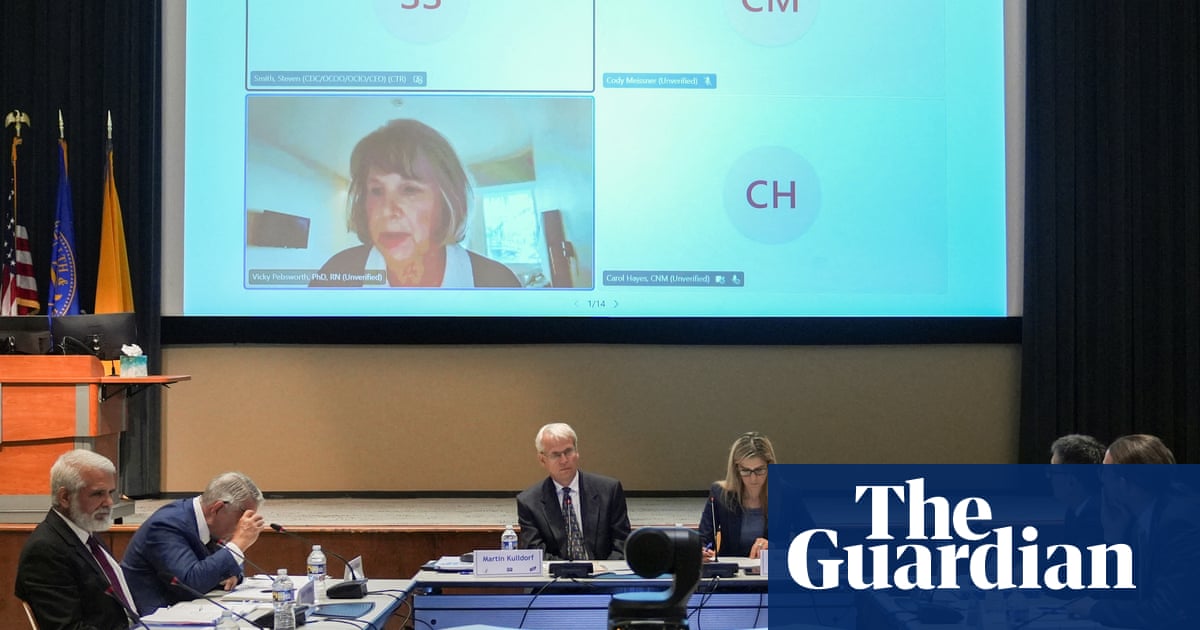Human Decision-Making: Complexity Leads to Less Rational Choices

Throughout their everyday lives, humans are typically required to make a wide range of decisions, impacting their well-being, health, social connections, and finances. Understanding these decision-making processes is a key objective of many behavioral science studies, as it could help devise interventions aimed at encouraging people to make better choices.
A recent study conducted by researchers at the University of Oxford has shed new light on how complexity affects human decision-making. The study reveals that individuals tend to act less rationally when faced with complex games, while their behavior becomes more predictable in simpler scenarios.
Insights from the Hybrid Model
The research team employed a hybrid model that combines elements of game theory and behavioral economics. This model was designed to simulate decision-making processes in both simple and complex games. The findings suggest that as the complexity of a game increases, the likelihood of irrational decision-making also rises.
Dr. Emily Carter, the lead researcher, explained, “Our study shows that in complex situations, people often rely on heuristics or mental shortcuts, which can lead to less rational decisions. In contrast, simpler scenarios allow for more straightforward processing, resulting in more predictable behavior.”
The Science Behind Decision-Making
Behavioral science has long been interested in understanding how people make decisions. Traditional economic models often assume that individuals act rationally, maximizing their utility in every situation. However, real-world observations frequently contradict this assumption, particularly in complex environments.
According to Dr. Carter, “The hybrid model provides a more nuanced understanding of decision-making by incorporating the cognitive limitations and biases that affect human behavior. It challenges the notion of the ‘rational actor’ and highlights the importance of context in shaping decisions.”
Historical Context and Comparisons
The concept of bounded rationality, introduced by Nobel laureate Herbert Simon in the 1950s, laid the groundwork for understanding decision-making limitations. Simon argued that individuals operate within the constraints of limited information and cognitive capacity, which affects their ability to make optimal choices.
This latest study builds on Simon’s work by demonstrating how complexity exacerbates these limitations. It aligns with previous research indicating that people tend to make more errors and exhibit less consistency in their choices as tasks become more complicated.
Implications for Policy and Practice
The findings of this study have significant implications for policymakers and practitioners seeking to influence public behavior. By simplifying decision-making environments, it may be possible to guide individuals towards more rational choices.
For instance, in the realm of personal finance, simplifying investment options or providing clear, concise information could help individuals make better financial decisions. Similarly, in healthcare, presenting treatment options in a straightforward manner might lead to improved patient outcomes.
Expert Opinions
Experts in the field of behavioral science have praised the study for its innovative approach. Dr. Sarah Thompson, a behavioral economist not involved in the research, commented, “This study provides valuable insights into how complexity affects decision-making. It underscores the need for designing environments that align with human cognitive capabilities.”
“By understanding the factors that lead to irrational decisions, we can create strategies that promote better choices,” Dr. Thompson added.
Looking Ahead
The research team at the University of Oxford plans to further explore the implications of their findings by applying the hybrid model to real-world scenarios. They aim to investigate how simplifying decision-making environments can improve outcomes in various domains, including finance, healthcare, and education.
As the study of human decision-making continues to evolve, insights from behavioral science will play a crucial role in shaping policies and interventions that promote well-being and societal progress.
In conclusion, the study highlights the intricate relationship between complexity and decision-making. By understanding and addressing the factors that lead to irrational choices, we can pave the way for more informed and rational decision-making processes in everyday life.






